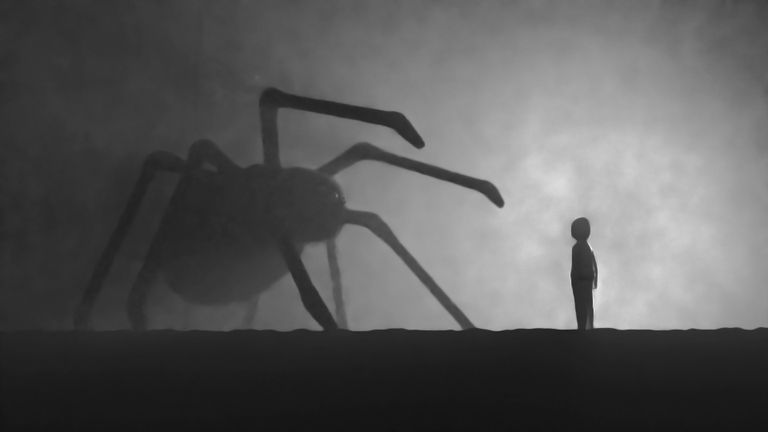
I received a Whatsapp video yesterday from my father showing a guy who was about to have an injection and was freaking out. Every time they inserted the needle this close to him, he shrieked like a pig and jerked away. Though I found it amusing, it only served to highlight how afraid he actually was. You could see the perspiration trickling down his cheeks; he was in complete fear. You could see he was nervous, and his heart must have been pounding.
Is it possible that a tiny needle could make someone so terrified?
Looks like the concern is justified. A lot of people have fear of things that are not actually able to harm them. We refer to these as phobias. More accurately, a phobia is an anxiety disorder. A person with this type of dread would do anything to avoid a specific object or scenario, and it is an intense or unreasonable fear.
Everybody has some fear, but in an effort to make life easier, we attempt to avoid unpleasant things. I can identify a few things that my own family is afraid of if I only consider them, but not to the degree where it makes them crazy. My sister would literally burn down the home to get rid of a single tiny spider since she is that afraid of them.
It takes a lot of bravery for some people to go to the dentist since they are so terrified of them. I promise you that the discomfort of a sore tooth is far worse than the actual drilling involved in cleaning your teeth.
What physical changes occur in response to fear?
An example of an acute stress response is this. When someone is afraid or feels like their life is in danger, they automatically react in this way. They refer to it as an adrenaline surge. The adrenal glands located on the kidneys secrete the stress hormone adrenaline.
This hormone is crucial in getting the body ready for the fight-or-flight reaction. Direct communication exists between the adrenal glands and the brain. An perceived threat, such as a fear of clowns, dentists, or spiders, can cause an adrenaline spike without an actual life-threatening event.
Exercise, long-term stress, heart failure, anxiety, neurological disorders, and malfunctioning adrenal glands can also cause an adrenaline rush.
Is there anyone who is truly terrified?
Indeed, there is a very real chance that someone could feel extremely afraid. A person's heart rate increases dramatically during an adrenaline rush. It causes the pupils to dilate and boosts blood flow to the muscles. Elevated adrenaline levels have the potential to harm the heart.
To be more precise, the release of adrenaline causes the heart's calcium channels to open, allowing calcium to continue flowing in. The heart's muscles are unable to unwind. Ventricular fibrillation, an arrhythmia, may then occur in a person.
Upvoted. Thank You for sending some of your rewards to @null. Read my last post to make sure that BLURT burning is profitable for you. Learn how to get more upvotes
https://blurtlatam.intinte.org/burn/@mariuszkarowski/how-to-get-automatic-upvote-from-my-accounts